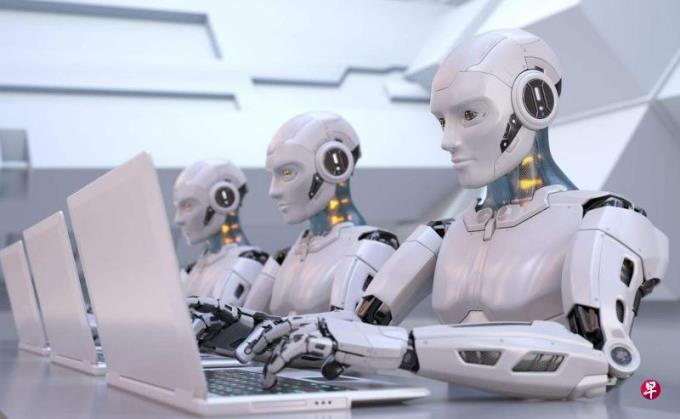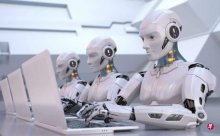
Daniel SussKind, a professor of economics at Oxford University, in a future book that does not work, thinking about the political, income and significance of human beings does not need to work in the future, and the threat of scientific and technological progress, humans shouldSome response.
Saskand Kaizong Mingyi pointed out that the future is not completely unpreted, but it is not enough to do it for everyone.Although the anxiety from automation is not the virtuality, Sasanod believes that this will be misunderstood as an instant. In fact, this scientific and technological unemployment will be a continuous process.Because machinery has three major influence on the economy: productivity effect, big cake effect, change of big cake effects.
The problem is that the alternative and complementary forces brought by these three effects are not clear. The current labor age is still occupied by complementary forces.For example, Sasanand explained that since the 1980s, American electronic tellers have risen four times. Instead of replacing bank tellers, they have released labor forces to develop in the direction of customer relations.Secondly, Saskand pointed out that because machinery invasion of human workplace mission is a long -term trend like death and taxation, from handwork, cognition to emotional ability to increase72%of resumes do not have a real person review and one -third of Bloomberg news.However, the degree of growth may vary according to individual tasks, differences in cost, regulatory regulations and culture.Saskand proposed that, from 2000 to 2015, Britain absorbed low -paying car washing immigrant workers, making relatively expensive self -service car wash shops greatly withdrawn from the market.
Furthermore, many people think that if machinery wants to replace humans, it must first copy human wisdom and guidelines.Machinery does not need to imitate human beings. Like the second wave of artificial intelligence, it is necessary to use computing capabilities and different rules to pursue creating more pragmatic and more powerful machines.Human beings are like foxes in Western literature classics, and machines are only hedgehogs who know only one thing but have powerful functions.Sasanand believes that this is enough to eat all the tasks of human beings.
Zou Chongming, a researcher at Hong Kong economics, discusses the four human futures under the three aspects of knowledge, political power and material power in the two books of the enemy's Toso and post -employment society.He mentioned that the current scientific and technological revolution is packaged as economic issues, ignoring the political issues behind it, and covering the dispute over public interests in the name of a free market.The author believes that the problem lies not in technology, and the monopoly and wealthy class monopolizes technology to serve financial capital. In the future, it will be difficult for technology to serve all human beings. We are worried that we are entering the "critical point of civilization" in human beings.
Combining the arguments of Sasanand and Zou Chongming, technology will innovate the economy and society, and redefine work and life. We may live in a world that is no longer the same.Of course, we must still be careful of this technology to determine all the arguments, because people can collectively intervene in the degree of mechanical automation and discuss whether they should work in the future.Although Sasanod believes that education cannot completely solve the huge employment problem, it may help a small number of people to win in increasingly fierce competition.In the future, human beings must negotiate how to find a reasonable arrangement of "not work" under mechanical work. For example, Guy Standing assisted the "Basic Early Global Network" that GUY Standing assisted in the founding of the "basic income global network".The concept of income may be a way out in the future.
The author is a doctoral student at the Department of Sociology of Nanyang University of Technology


